If you ask plumbers, they would say that keeping up on a couple of basic tasks and best practices is the best way to reach a well-maintained, fully-functioning home plumbing system. If you’re tired of hiring the wrong people and you want someone who will do a good job, you will learn what to look for.
We’ve asked plumbers how they take care of their homes, and, well, what we discovered is definitely worth knowing about! Who knows? Maybe you won’t have to hire anyone else ever! Truth be told, these tricks are quite intuitive, so make sure you check them out:
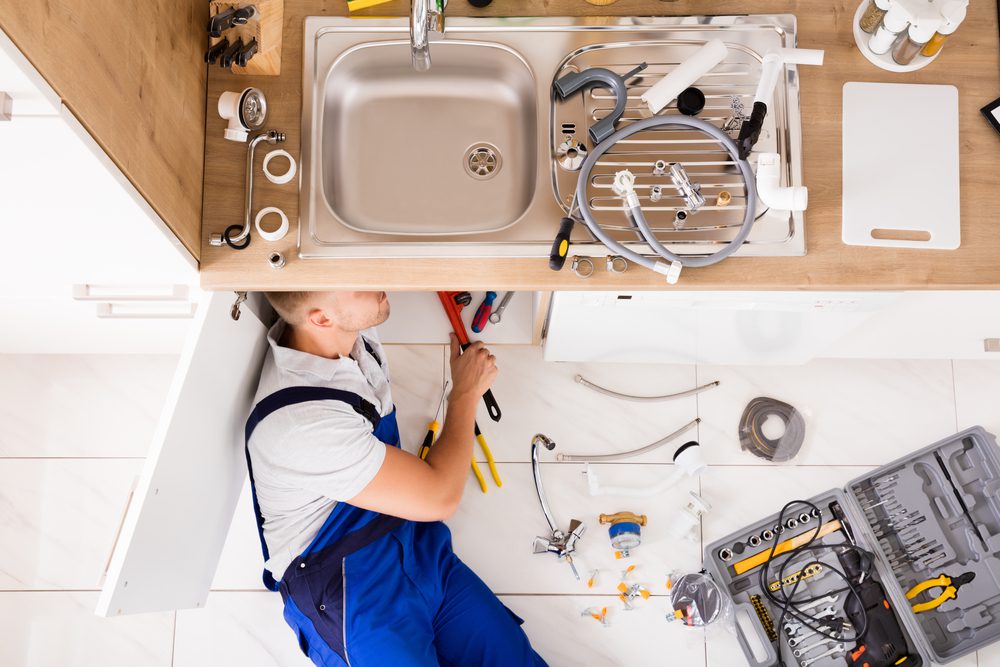
Think like a plumber.
A professional plumber might have a huge advantage over the average homeowner, especially when it comes to maintaining pipes, drains, and fixtures. Professionals know exactly what to do and when to do it. Moreover, they also know when something is truly an emergency versus something that could wait for another weekend.
However, you shouldn’t be intimidated: you really don’t need to memorize the Uniform Plumbing Code or even pass your state’s licensing exam to keep a plumbing system completely free of leaks, clogs, and even sewage backups.
In fact, it’s more of a matter of implementing new habits and routines that are meant to help you minimize the risk of having issues. Or, why not avoid them altogether? Shortly, you might not have to make that panicked phone call to Plumbing 911 on a Saturday night.
Plumbers always put food waste in the trash or compost bin.
Well, dumping bacon grease or even the remnants of your toddler’s lunch into the sink and then running the garbage disposal could seem like the easiest way to plow through a stack of dirty dishes. It’s fine; we all did it. Well, maybe, except for plumbers.
As it turns out, it’s a horrible habit that could really wreak havoc on your plumbing system. If you’re looking for a better plan, scrape your plates into the garbage can and pour that grease into an empty can that also goes right into the trash.
Composting could also be an option if you have a way to dispose of the compost. Some cities even offer compost pick-up, and plenty of people use compost in their gardens. Why does it matter? Well, grease sticks to the walls of your pipes, and they eventually clog your drain.
Hence, the garbage disposal isn’t designed to break down and process things like meat, eggshells, or even coffee grounds. Putting these items down the drain and running the disposal might overwork and eventually damage the entire device.
And if you’re still not convinced, have you ever heard about the fatberg that waste treatment officials discovered back in 2019 in England? I think that says enough.
Plumbers flush their water heaters constantly.
Do you sometimes find yourself standing in a cold shower or hearing weird sounds coming from the water heater? Well, it might be time to ask yourself if that unit has been flushed lately, if ever. The answer might be negative.
You should try to flush your water heater at least once a year. Why? Well, over time, sediment builds up right at the bottom of your water heater tank. This type of sediment could ultimately damage the appliance, making it completely inefficient and inoperable.
Flushing is especially important in areas with hard water. Luckily, performing an annual to-do is not that complicated. Moreover, you can definitely hire a plumber to flush a water heater on your behalf, as many DIYers will confirm.
Plumbers use a smart device to check for leaks and drips.
While it’s definitely convenient to tell Alexa to order everything for you (if you don’t have one, what are you waiting for?), the best smart device features will help you minimize home-related issues, like plumbing leaks.
Mulder, for instance, uses a smart, Wi-Fi-enabled leak-detection device to monitor his home’s plumbing system. If a leak or drip is detected, then the device will instantly shut off the water and send a notification to his phone.
That will let him tackle the repair right away before it becomes problematic. This device is basically meant to monitor fluctuations in water pressure and any other types of leaks that could occur. It’s a highly efficient device.
If you’re not ready to add a smart home leak monitor, just remember to keep an eye out for leaks and drips. Romano also added that this can typically be done by listening to the sound of rushing water or that telltale drop-drop sound.
Moreover, you can go through your home and check each and every faucet. The sooner you are able to catch that stuff with proper inspections, the cheaper it will be to fix it.
Plumbers always use a no-frills plunger.
At times, back-to-basics is really the best option out there. For instance, let’s take toilet plungers. You could definitely buy all kinds of gimmicky, overly engineered plungers, but the ones that will really work are the good old-fashioned, less than $8 plungers.
Why is that? Well, they rapidly and effectively do the job they’re meant to do, which is unclog a toilet. Besides, they are fairly easy to clean. On the other hand, “fancy” plungers with air holes, tempered handles, and drip-free magnetic collars cost way more and don’t really do anything to help make plunging more effective.
You can save yourself the trouble by simply sticking to the original version, even if it doesn’t look just as good in the corner of your bathroom.
Plumbers make sure they change their water filter cartridges.
If you use a plumbing-integrated water filter of any type, whether it’s a faucet filter, refrigerator filter, or even an under-sink filter, it’s highly important to do exactly what a plumber would: change the filter cartridges on a regular basis.
Usually, it’s advised to change the filter every six months, but this can also vary depending on the manufacturer’s recommendations. You can check the owner’s manual if you have a specific device.
Plumbers check their water pressure at least once a year.
Water pressure that’s way too high or too low can be extremely problematic, not just annoying. This is exactly why plumbers check the water pressure in their homes at least once a year. After all, what can go wrong if you don’t keep tabs on it?
With low water pressure, you might experience things like slow flow in the shower or even a washing machine that could take forever to fill. High water pressure could also lead to leaks, wear-and-tear on your appliances, and even burst pipes.
Of course, this could vary by city code, but generally, the water pressure should be set to a maximum of 80 PSI. This will also allow you to easily rinse the shampoo out of your hair in the shower, but it will also keep your pipes in one piece.
And the good news is that it’s not even that hard to check your water pressure. All you have to do is pick up a water pressure test gauge, secure it to your hose or faucet, turn on the water, and wait for the reading to do its thing.
If you’re eager to read other useful articles, we recommend you try: 12 Design Features All Homeowners Are Looking for RIGHT NOW


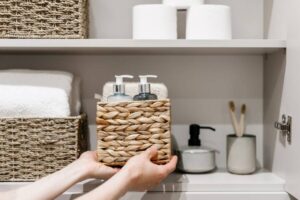
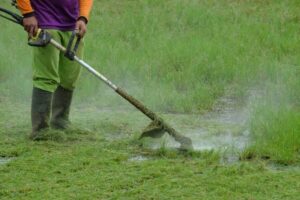





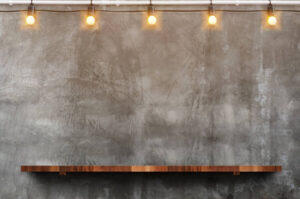
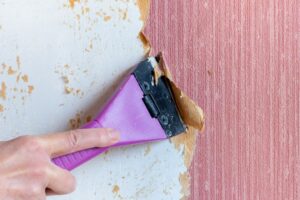


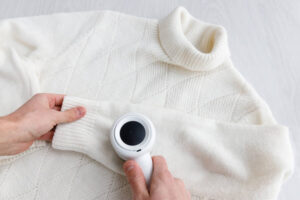


One Response
Awesome love the tips my husband indicates our 2009 hot water heater doesn’t require it?. Confusion 😱